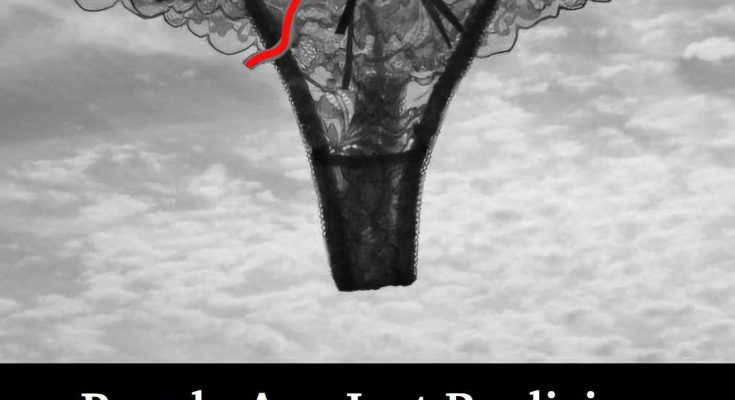Underwear, a seemingly mundane part of our daily attire, has captured the curiosity of many. While most of us may not spend much time pondering the intricacies of undergarments, an interesting element has caught the attention of individuals worldwide — the little bow that often adorns the front of women’s underwear. In this article, we delve into the origins and significance of this decorative bow, unearthing the fascinating history that ties it to a bygone era.

One of the most intriguing aspects of the decorative bow is its connection to the past, specifically a time before the invention of elastic fabric. Research reveals that this bow isn’t just a whimsical accessory; it has a functional history dating back centuries.
Read More: Why Do Some Women’s Underwear Have That Little ‘Pocket’ In The Middle?
A Throwback to Pre-Elastic Days

Without elastic, drawstring ribbons secured with a bow at the front were employed to prevent underwear from slipping down.1 These ribbons were threaded through eyelet lace at the tops of undergarments, effectively keeping them in place. This practical solution speaks to an era when undergarments required creative means of support.
Beyond its functional roots, the decorative bow holds deeper symbolism

In contemporary times, a bow on underwear is often associated with cuteness, femininity, and a touch of innocence. Reddit discussions on the topic highlight the appeal of the bow’s aesthetics, with users describing it as “cute” and “feminine.” Additionally, the bow’s placement on the front serves a practical purpose too — it provides an easy marker for identifying the front of the garment, especially during hasty dressing scenarios, such as in the dark. This blend of aesthetics and functionality contributes to the enduring allure of having the bow on underwear.
Read More: Some people are just finding out why they get bleach patches on their underwear
Tracing Back Through Time: Evolution of Women’s Undergarments

To fully appreciate the bow’s significance, it’s essential to consider the evolution of women’s undergarments over the centuries. While evidence from the past is often scarce due to the delicate nature of underpants, historical records, and preserved artifacts offer glimpses into the past. In eras before the 15th century, our knowledge of women’s undergarments primarily came from artwork, writings, and textiles. Women’s attire included petticoats, chemises, and sometimes corsets during this time.


